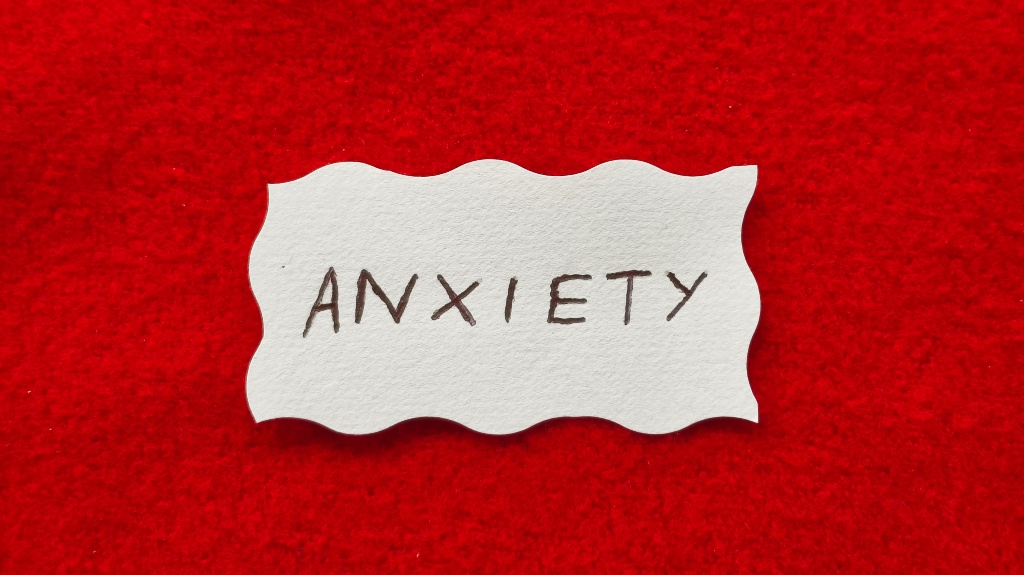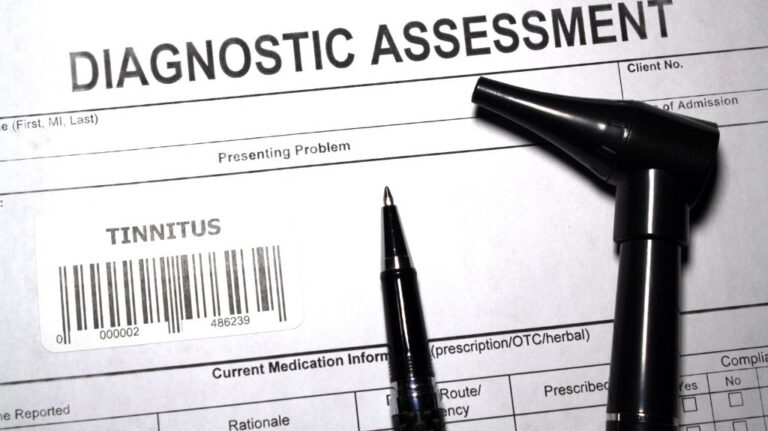What is the Highest VA Rating You Can Receive for Anxiety?

Understanding VA Ratings for Anxiety
When applying for VA disability benefits for anxiety, the rating you receive directly impacts the amount of compensation you are entitled to. The VA rates anxiety disorders based on the severity of symptoms and their impact on daily functioning. This rating is crucial in determining the level of support and benefits you receive.
VA Rating Scale for Anxiety Disorders
The VA uses the General Rating Formula for Mental Disorders to evaluate anxiety disorders, which includes Generalized Anxiety Disorder (GAD), Post-Traumatic Stress Disorder (PTSD), and other anxiety-related conditions. The scale ranges from 0% to 100%, with each level reflecting increasing severity of symptoms and impairment:
- 0% Rating: No symptoms or symptoms that do not interfere with work or social functioning.
- 10% Rating: Mild symptoms that may cause occasional issues with work or social relationships.
- 30% Rating: Moderate symptoms that cause some difficulty in maintaining work and social relationships.
- 50% Rating: Severe symptoms that significantly impair work and social functioning.
- 70% Rating: Very severe symptoms that result in severe impairment in work, social relationships, and daily activities.
- 100% Rating: Total impairment of social and occupational functioning due to anxiety.
Achieving a 100% Rating for Anxiety
The highest rating of 100% for anxiety disorders is awarded when the condition causes total impairment in the veteran’s ability to work and maintain social relationships. To qualify for this rating, the following criteria typically must be met:
- Severe Occupational and Social Impairment: The veteran must demonstrate an inability to work or maintain substantial gainful employment due to the severity of their anxiety symptoms. This includes significant disruptions in work performance, an inability to maintain employment, or the need for frequent absences.
- Total Loss of Functioning: The anxiety must severely impact daily life activities, including personal hygiene, managing finances, and interacting with others. The veteran may experience symptoms such as extreme paranoia, delusions, or constant panic attacks.
- Consistent Medical Evidence: Comprehensive documentation from mental health professionals is essential. This includes detailed medical records, treatment histories, and evaluations that support the severity of the condition. Consistency in symptoms and their impact on daily life must be clearly outlined.
How to Strengthen Your Claim
To increase the chances of receiving a 100% rating for anxiety, veterans should:
- Gather Strong Medical Evidence: Obtain detailed reports from mental health professionals outlining the severity of symptoms and their impact on daily life. Regular treatment records and psychological evaluations are crucial.
- Provide Detailed Personal Statements: Include personal statements detailing how anxiety affects daily functioning, work, and relationships. Supporting statements from family and friends can also be helpful.
- Utilize Nexus Letters: A nexus letter from a qualified medical professional linking the anxiety to military service can strengthen the claim, especially if the condition was aggravated by service-related factors.
- Consider Legal Assistance: Navigating the VA claims process can be complex. Working with an experienced VA benefits attorney can provide valuable guidance and support in gathering evidence and presenting a strong case.
Conclusion
Achieving the highest VA rating for anxiety requires demonstrating total impairment in both social and occupational functioning. By providing comprehensive medical evidence, detailed personal statements, and utilizing legal support, veterans can enhance their chances of receiving a 100% disability rating.
If you’re struggling with anxiety and need assistance in navigating the VA disability benefits process, contact VA Benefits Attorneys Powered by Tabak Law. Our experienced team can help you gather the necessary evidence, prepare a strong case, and advocate for the benefits you deserve. Don’t hesitate to reach out for expert guidance and support.







